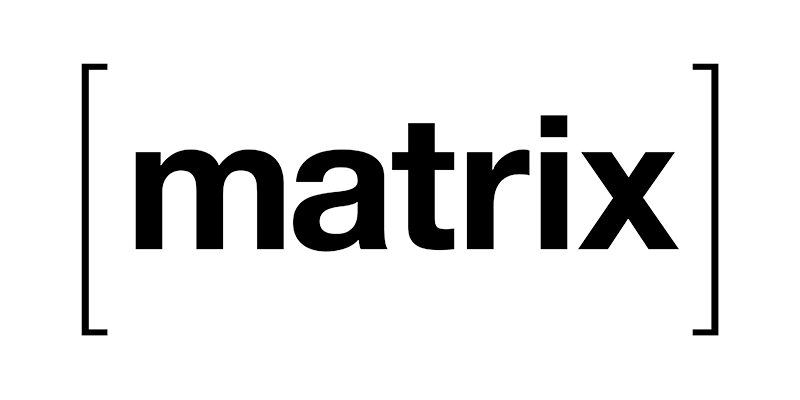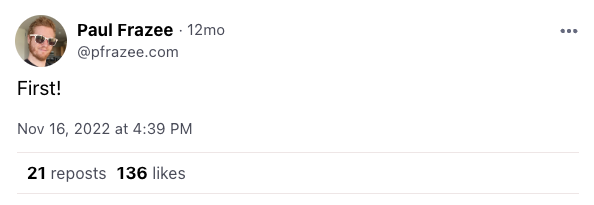

as a mod/admin, i would appreciate being able to edit post titles. there have been a fair number of times where i asked a poster to do so, and then waited a while for them to before deleting the post if they don’t.
and/or, it would be nice to have a way for us to temporarily semi-delete a post while waiting for OP to make requested changes to it; that is, to hide it from the community view but leave it visible to people with the URL, or people who find it via the user profiles of the poster or commenters in it.
editing titles would be awkward without an edit history or, at the least, a way to see that some 2nd party had edited it, and editing post bodies would be even more so. but it would make sense and be useful with an edit history, i think.
i would also appreciate having content addressability, portable identity, composable moderation, and… perhaps a pony 😂




















i’m curious, where do you place yourself on that compass? if you’ve got 20 minutes I highly recommend this video about it.